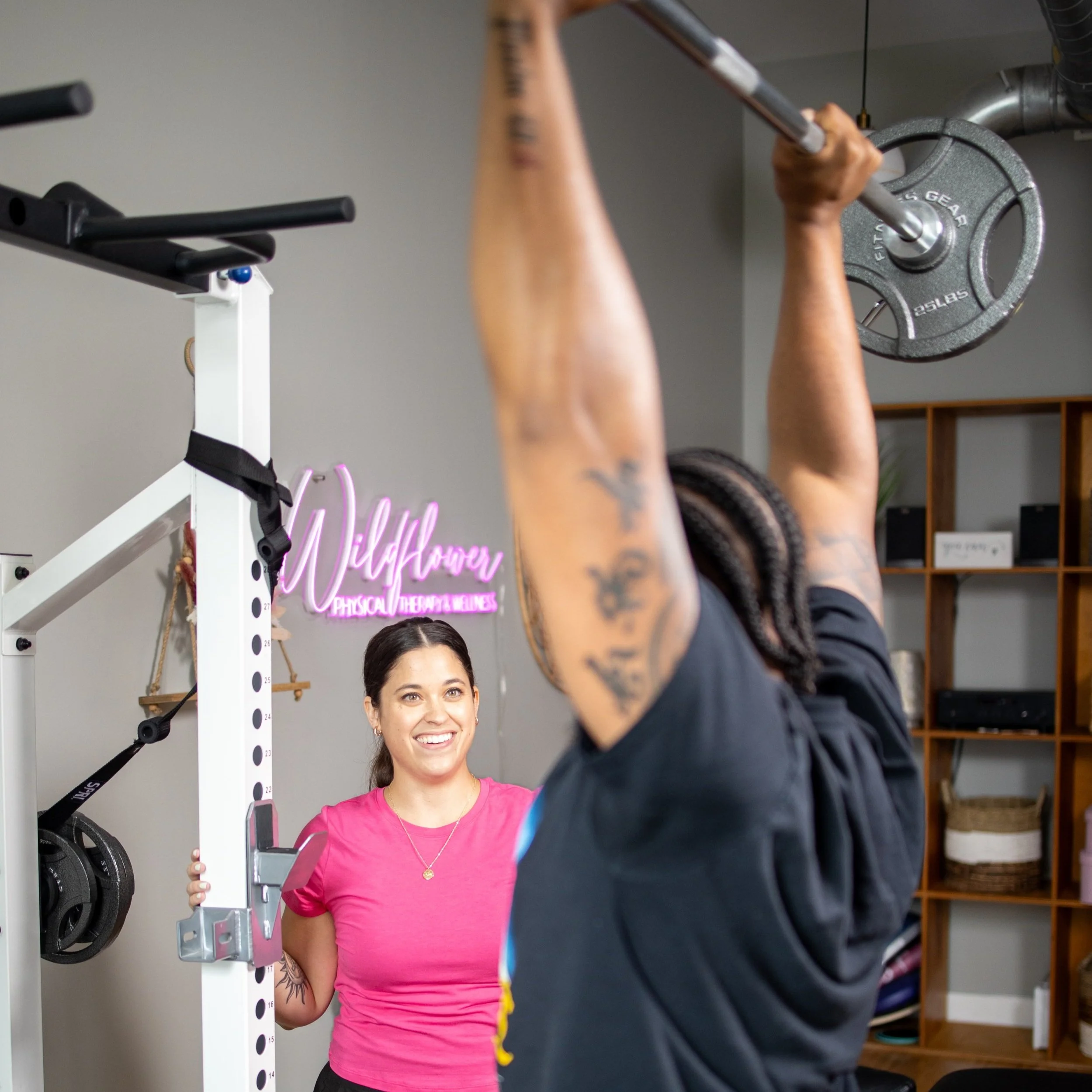The Importance of Shoulder Stability: Strengthening Your Way to Pain-Free Shoulders
Your shoulders are remarkable joints, offering an incredible range of motion that allows you to perform countless daily tasks with ease.
However, with great mobility comes the potential for instability, which can lead to discomfort and pain. In this blog, we'll explore why shoulder stability is vital and how evidence-based treatments can help you maintain healthy, pain-free shoulders.
The Marvelous, Mobile, and Sometimes Unstable Shoulders:
Your shoulder joint is a ball-and-socket joint designed for versatility. It allows your arms to move in various directions, giving you the ability to reach, lift, and rotate. However, this remarkable mobility comes at a cost—shoulder joints are inherently less stable than others.
The Role of Shoulder Stability:
Shoulder stability is the key to preventing pain and injury in this highly mobile joint. It involves the complex interplay of muscles, tendons, and ligaments that hold the joint together and provide support. When this stability is compromised, whether due to weakness, overuse, or injury, it can result in pain and functional limitations.
The Connection Between Strength and Stability:
Strengthening the connection between the ball and socket of the shoulder joint is crucial for maintaining stability. It's not just about muscle size; it's about optimizing the function of the shoulder's intricate support system.
Evidence-Based Treatments for Shoulder Stability:
To achieve and maintain shoulder stability, evidence-based treatments are essential. Physical therapists, in particular, play a crucial role in helping individuals address shoulder stability issues. Here are some evidence-based treatments commonly used:
Therapeutic Exercises: Physical therapists prescribe targeted exercises that focus on strengthening the muscles surrounding the shoulder joint. These exercises improve muscle balance, posture, and stability.
Manual Therapy: Techniques like joint mobilizations and soft tissue manipulation can help restore proper shoulder mechanics, alleviate pain, and enhance stability.
Dry Needling: Dry needling can help to improve blood flow and restore proper range of motion in the muscles surrounding the shoulder joint.
Functional Training: Functional training focuses on activities that mimic real-life movements, helping individuals regain strength, stability, and confidence in using their shoulders.
Patient Education: Understanding how to maintain shoulder health is crucial. Physical therapists educate patients on proper posture, ergonomics, and lifting techniques for preventing future issues.
Preventing Shoulder Pain and Maintaining Mobility:
A strong, mobile, and stable shoulder is typically a pain-free shoulder. Whether you're recovering from an injury, dealing with chronic pain, or simply aiming to prevent future issues, prioritizing shoulder stability is a wise choice. The evidence-based treatments offered by physical therapists can guide you on your journey to pain-free, functional shoulders.
Don't let shoulder pain limit your activities or quality of life! Seek out the guidance of a physical therapist who can assess your unique situation, develop a personalized treatment plan, and empower you with the knowledge and exercises needed to maintain shoulder stability. With the right care and commitment, you can enjoy a life full of the activities you love.
If you are struggling with illness or injury and would like to get your body moving, schedule a physical therapy appointment with us today! At Wildflower Physical Therapy & Wellness, we can help you to get back to the life you want to live through pain management strategies, activity promotion and exercise.

